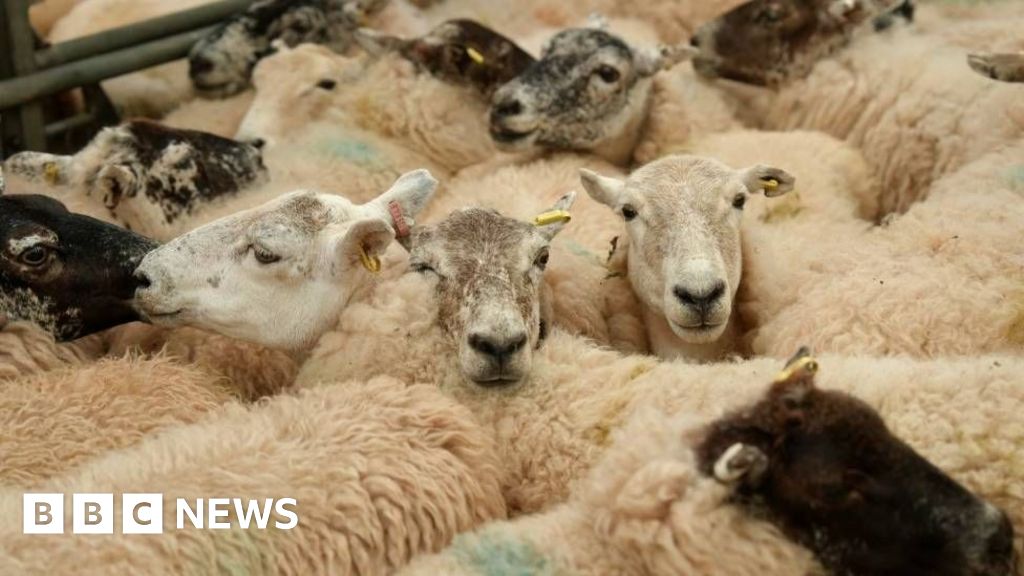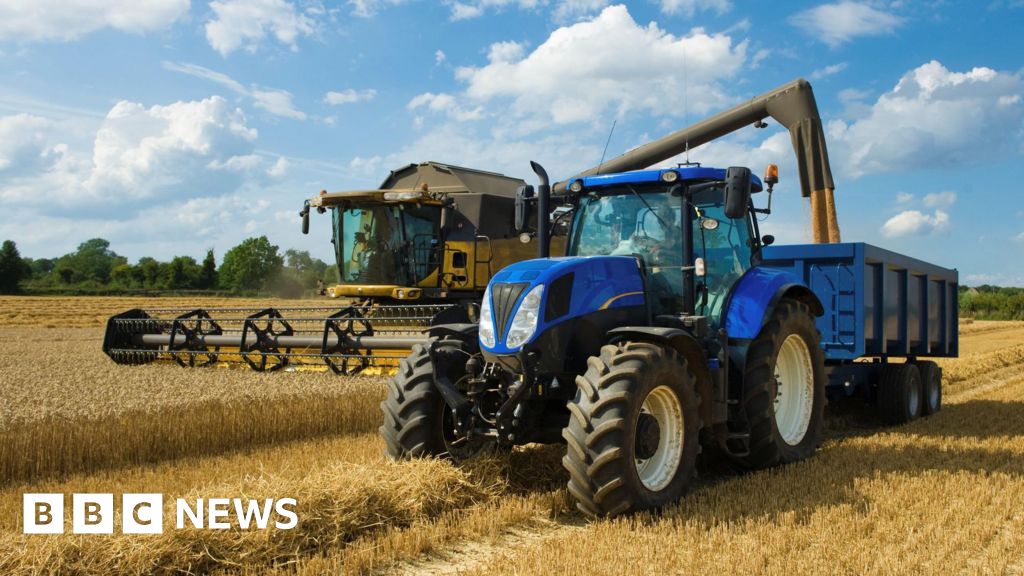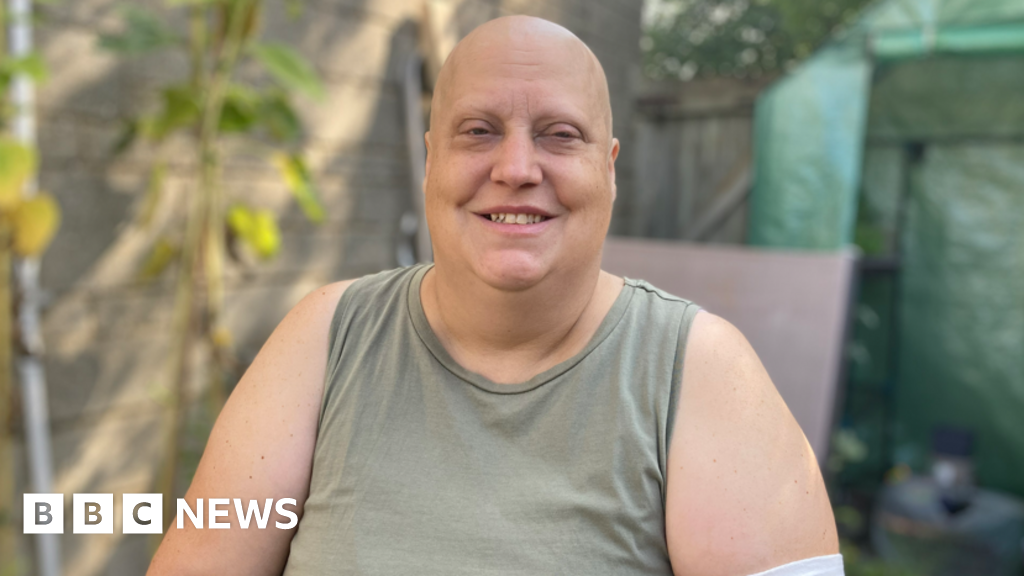Auto Amazon Links: No products found. Blocked by captcha.
Travel restrictions for livestock affected by the bluetongue virus in Wales are set to be relaxed, allowing vaccinated animals to be transported across the border into England for markets. As of Monday, livestock that have completed the necessary bluetongue vaccination can be taken to markets within a 12-mile radius of the Welsh border. The Chief Veterinary Officer for Wales, Richard Irvine, emphasized the seriousness of the bluetongue virus, which is spread through midge bites and can impact cattle, sheep, and goats.
Livestock movement from England into Wales will still require a negative test, and transporting unvaccinated animals across the border remains restricted. Markets in England holding sales of vaccinated Welsh livestock must adhere to strict conditions to prevent the spread of the virus. While the Welsh government aims to contain the disease, concerns have been raised within the farming industry about the potential impact on cross-border trade.
The bluetongue virus poses no threat to human health or food safety but can be fatal for livestock. While there have been cases reported in England, Wales has remained free of the virus this year. The restrictions have led to a shift in buying behavior, with Welsh farmers purchasing stock within Wales due to the limitations in place. Vaccination is seen as the most effective method of safeguarding livestock, although only a small percentage have been vaccinated so far.
To facilitate autumn sales and balance the needs of the industry with disease prevention, adjustments to bluetongue policy are being made. This includes the possibility of easier sales of breeding stock at approved markets in Wales, with plans to allow the sale of vaccinated livestock from both England and Wales. The move is a cautious step towards resuming normal livestock trading while mitigating the risk of disease transmission
Read the full article from The BBC here: Read More
Auto Amazon Links: No products found. Blocked by captcha.










